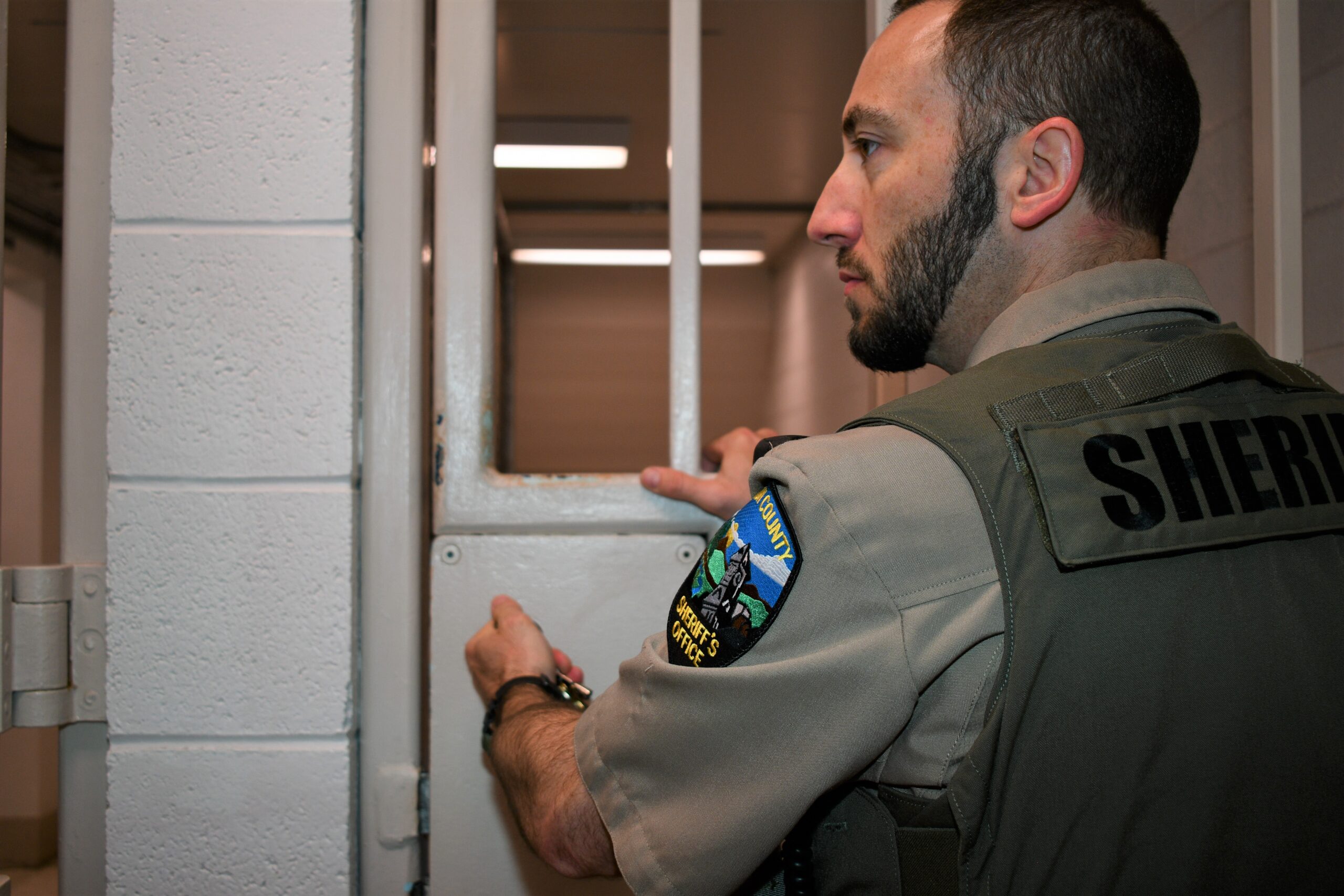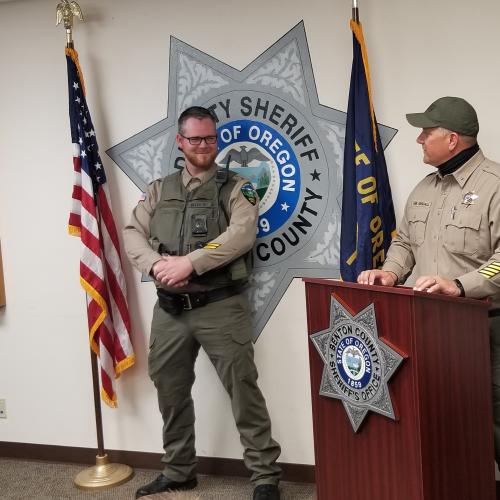Home
The Benton County Sheriff’s Office is your Sheriff’s Office. We are a full-service agency with responsibility for law enforcement, emergency management, search and rescue, jail operations, court enforcement services, and parole and probation (community corrections).
Latest News
Arrest Made in Fatal Hit and Run
April 26, 2024 in News
Benton County Sheriff’s Office Investigates Possible Fatal Hit and Run
April 24, 2024 in News






